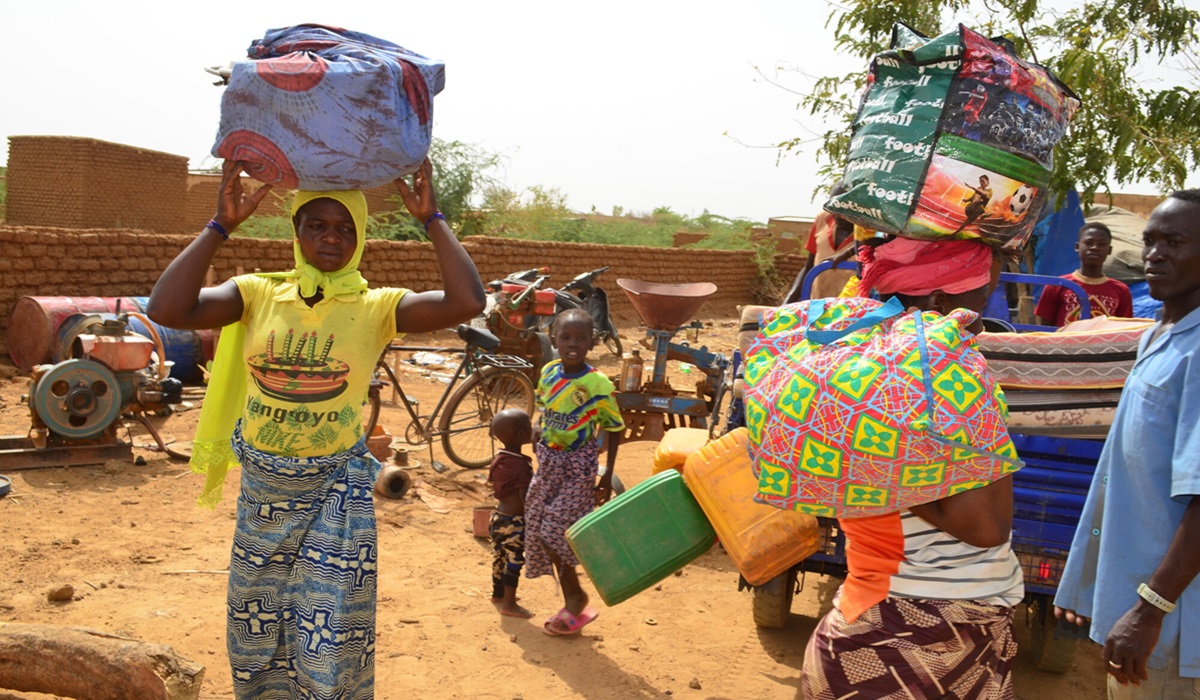Image Credit, NRC
As the lean season grips Mali, the plight of thousands of Burkinabè refugees in central Mali worsens, exposing a humanitarian crisis of alarming proportions. Fleeing from the relentless violence in Burkina Faso, these refugees have sought safety in neighboring Mali, only to face an increasingly untenable situation.
Since January 2024, more than 20,000 Burkinabè refugees have been registered in the Koro cercle alone. This influx shows no sign of abating, further straining the meager resources of local communities already struggling to support internally displaced people. The Norwegian Refugee Council (NRC) and other humanitarian partners have sounded the alarm, highlighting the urgent need for international intervention.
“The lean season is the most difficult time of the year for families to survive, and the situation is alarming for thousands of refugees in central Mali. The international community must act now to prevent further suffering,” warned Maclean Natugasha, NRC’s country director in Mali.
Local leaders in Koro have displayed remarkable generosity by offering arable land to the refugees, yet many lack the resources to cultivate it. The result is a growing dependence on humanitarian aid, which remains woefully insufficient in the face of this escalating crisis. Many refugees find themselves homeless or crammed into overcrowded accommodations with host families who are themselves vulnerable.
The challenges are compounded by a severe lack of funding and logistical difficulties in reaching and registering refugees in remote areas. These hurdles have hampered the humanitarian response, leaving refugees like Hamidou, who fled from Nodin village in northern Burkina Faso, to struggle for the most basic necessities.
“We fled our homes with nothing, and now we struggle to find even the most basic necessities here in Mali. We hope that those who can help do not forget us,” Hamidou shared with the NRC.
The resilience of these refugees is nothing short of inspiring, yet resilience alone cannot sustain them through the harsh lean season. Without immediate and substantial international aid, the suffering will only deepen. Food, shelter, and essential services are desperately needed—not just for the refugees, but also for the host communities that have so generously shared their limited resources.
The international community’s inaction in the face of this crisis is inexcusable. The time to act is now, before more lives are lost to hunger, disease, and despair.









